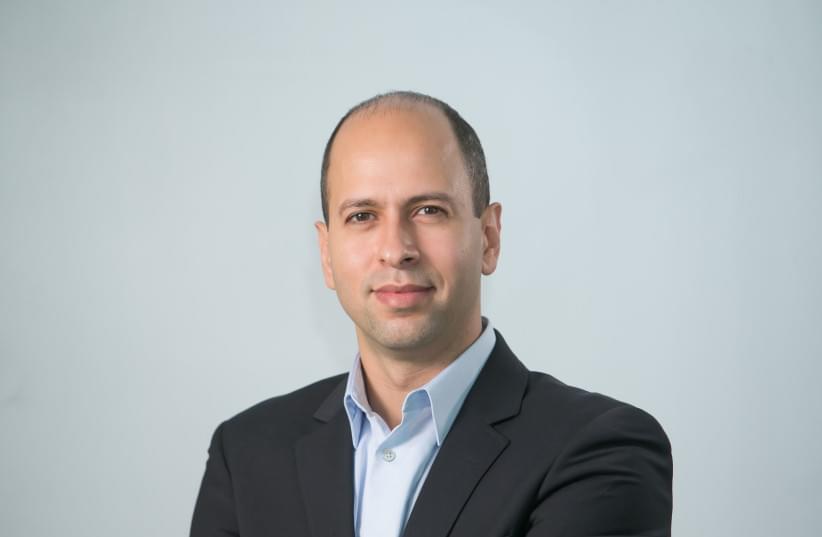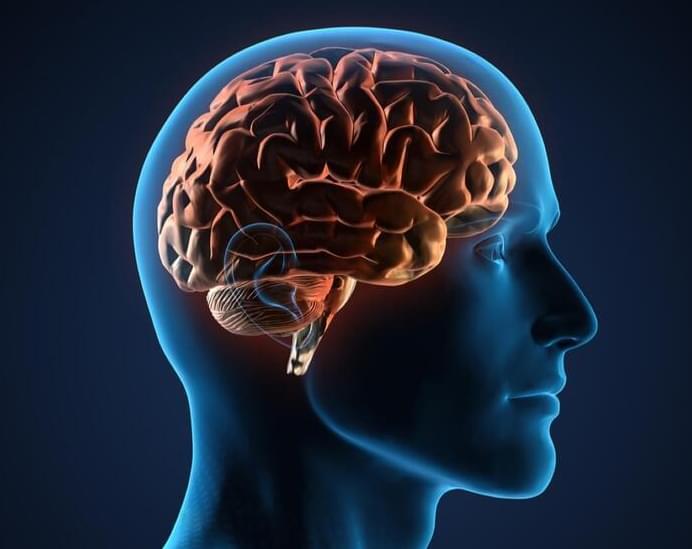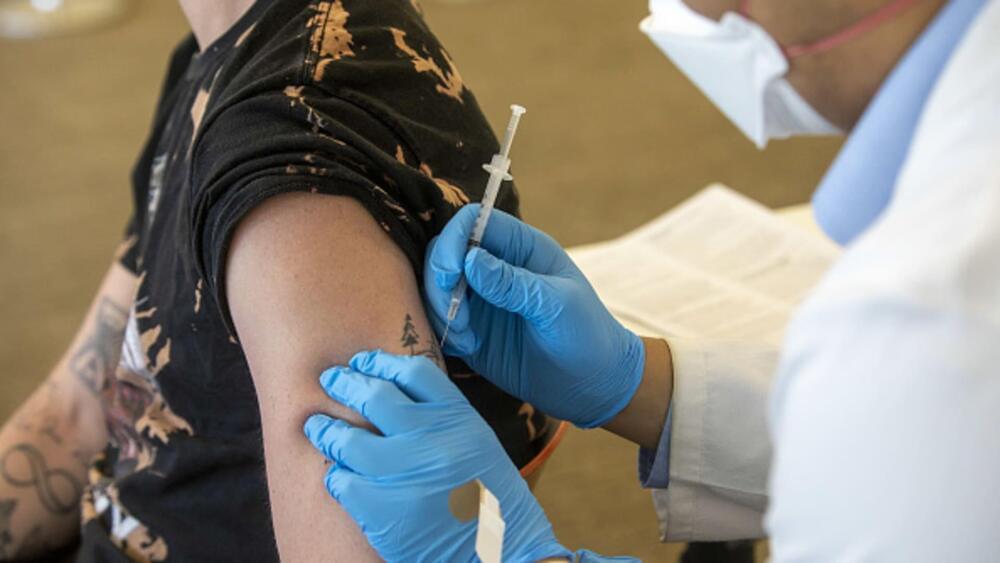A team of researchers in the Faculty of Engineering of The University of Hong Kong (HKU) has developed a coin-sized system that can read weak electrochemical signals and can be used for personalized health monitoring and the measurement of such conditions as diabetes, cardiovascular diseases and mental health. The discovery was featured on the cover of Analytical Chemistry.
The PERfECT System—an acronym for Personalized Electronic Reader for Electrochemical Transistors—is the world’s smallest system of its kind, measuring 1.5 cm x 1.5 cm x 0.2 cm and weighing only 0.4 gram. It is easily wearable, for instance integrated with a smartwatch or as a patch, to allow for continuous monitoring of biosignals such as glucose levels and antibody concentrations in blood and even sweat.
“Our wearable system is tiny, soft and imperceptible to wearers, and it can do continuous monitoring of our body condition. These features mean it has the potential to revolutionize health care technology,” said Dr. Shiming Zhang of the Department of Electrical and Electronic Engineering, who leads the HKU WISE (wearable, intelligent and soft electronics) Research Group to develop the system.





